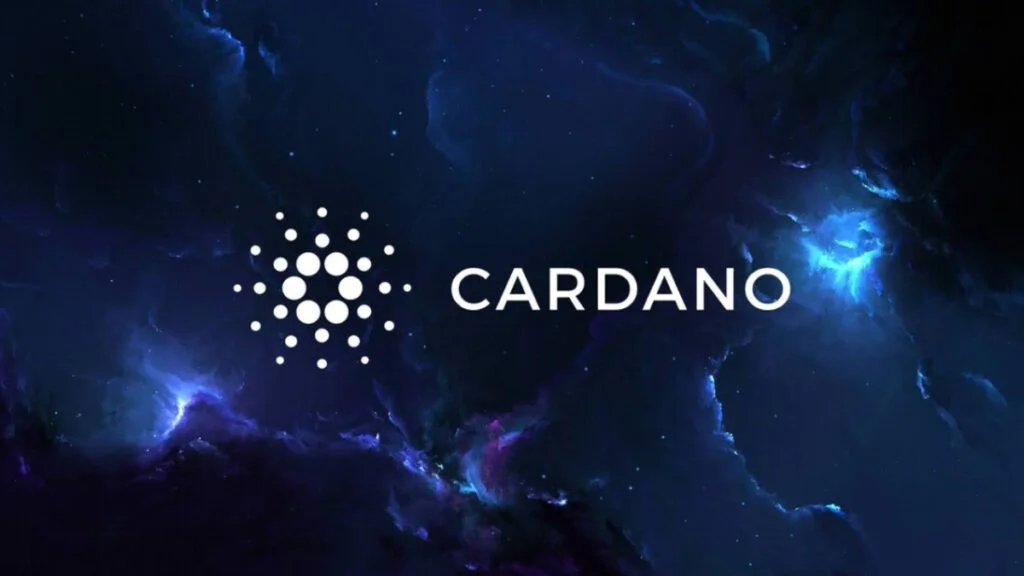The first Hydra node compatible with the Cardano mainnet was launched on May 11, according to developer Sebastian Nagel.

The advancement is a big step in improving Cardano’s scalability and flexibility, which is a key goal for the platform. According to Input Output, Hydra, the parent company of Cardano, is a group of layer 2 protocols designed to increase the scalability of the blockchain.
The protocols enable quicker and less expensive transactions, increasing the flexibility of the blockchain for different use cases.
The first Hydra head was triggered on the Cardano mainnet earlier this month, demonstrating the protocol’s readiness for practical use. The Hydra-node’s 0.10.0 version required technical modifications and enhancements for real-world transactions.
The code was tested on the mainnet to ensure it worked, and the API was modified to accommodate user demands.Transaction load on Cardano is 94% full.
In a series of tweets, Nagel announced the release of Hydra node version 0.10.0. It was stated that previous review sessions had seen many successful demonstrations of Hydra heads on the Cardano mainnet.
Although the team has already begun work on the next release, version 0.11.0, Nagel said they welcome user feedback on any new suggestions or features that must be prioritized.
Cardano, which is facing growing competition from other blockchain systems, received a massive boost with the introduction of the Hydra node. This milestone could persuade more programmers and companies to choose the blockchain platform for their blockchain requirements.
Cardano is known as a potential blockchain platform for various use cases, including decentralized finance (DeFi) and non-fungible tokens (NFTs), because of its emphasis on scalability and flexibility.
Cardano’s capabilities and competitiveness in these markets are anticipated to increase with the introduction of the Hydra node. The platform has established itself as a potential choice for companies and developers looking to use blockchain technology for their requirements, because of its ongoing emphasis on scalability and flexibility.
By deploying the Hydra node, Cardano is preparing to enhance its capabilities and compete with other blockchain platforms.
